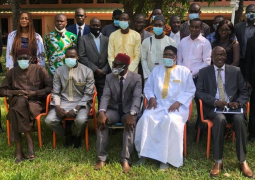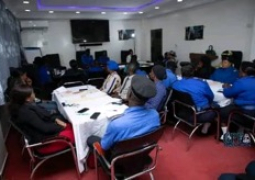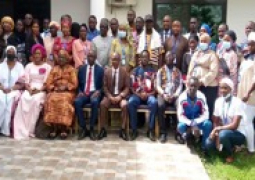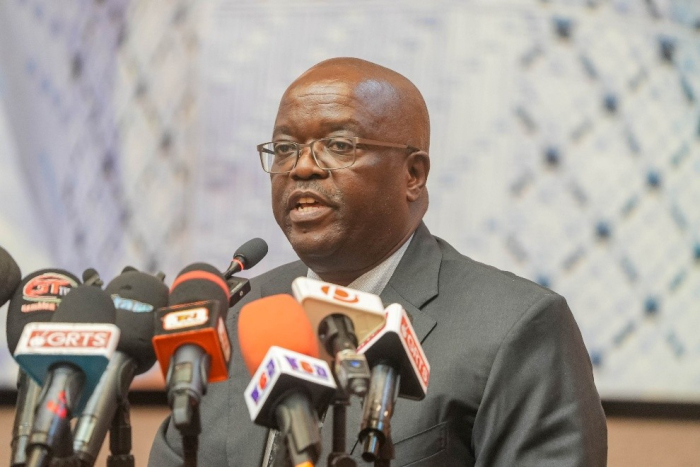
Franklin Mutahakana, World Bank Group Resident Representative in The Gambia made this disclosure on Tuesday during the launch of The Gambia Madrasah Integration Strategy 2025-2029 held at the Sir Dawda Kairaba Jawara International Conference Centre in Bijilo.
The study as launched, he said, is a foundation that will guide future decisions and spark further collaboration as the government moves forward.
The WB official maintained that the Madrassah Integration Study Report is part of their broader collaboration through the Gambia RISE project, which he said, seeks to expand access to education, strengthen training opportunities and promote economic inclusion for all.
He revealed that according to the newly released 2024-2025 Education Statistical Yearbook, Madrassahs make up 15 percent of all schools in The Gambia and serve more than 100, 000 students, equivalent to 1 in every 7 learners in the country.
This, he observed, is not a peripheral issue, but a core part of the education system.
Also speaking, Alhagie Ousman Jah, president of the General Secretariat for Islamic Arabic Education (Al- AMAANAH), recalled that for many years, children in the Madrassahs have been learning Islamic and human Sciences but that they have not been receiving the same support and opportunities as those in regular schools.
Thus, this strategy, he said, is here to change that narrative, pointing out that the new Strategy will help all Gambian students both in the Madrassah and Conventional sector to get skills they need to build a better future.
Jah thus thanked The Gambian leader, Adama Barrow, the Ministry of Higher Education and the entire Government of The Gambia for leading such a great initiative.
About the project
The GMIS program funded by the World Bank Group aims to mainstream Madrassah education into the national development agenda to ensure that graduates are empowered with the skills, qualifications, and opportunities they need to succeed.
The Strategy, accordingly outlines key findings and policy recommendations aimed at integrating Madrassah and Majalis education into Tertiary and Higher Education with a strong focus on Technical and Vocational Education and Training (TVET) alongside Science, Technology, Engineering and Mathematics (STEM) fields.
The Madrasah Integration Strategy programme was coordinated by the Ministry of Higher Education, Research, Science and Technology (MoHERST) in partnership with the World Bank through The Gambia Resilience, Inclusive, Skills and Equity (RISE) project.
Read Other Articles In National News
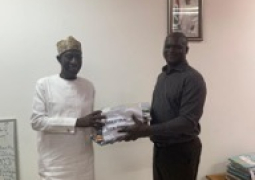
Pipeline Mosque Foundation donates medical equipment to Health Sector
Apr 11, 2023, 11:46 AM
